About Department of Electronics & Communication Engineering
The Department of Electronics & Communication was established in the year 1995. At present the Department is offering Undergraduate Program in the field of Electronics and Communication as well as Post Graduate program in the field of Communication Systems. The departmental facilities including latest laboratory equipment's, communication kits and modules, fibre optic kits, microwave bench etc. enabled the department to be a front-runner amongst Institutes offering courses in Electronics and Communication. The curriculum is based on latest views as needed by industries and research departments.
There are seven well-equipped laboratories in the department. The ultimate laboratory facility along with unlimited internet access helps the upcoming electronics engineer to come out with bright future. The department consists of highly capable teaching and non-teaching staff who are always ready to enculcate the best knowledge to the students. The department always strives for providing excellent and modernizes laboratory facilities to the students.
Vision
Mission
- The department of Electronics and Communication devotes itself and its resources to develop intellectually capable for the development of the society.
- The department dedicates its strength to develop skilful and innovative professionals.
- To cultivate entrepreneurial and leadership quality for the benefit of the society.
Programme Educational Objectives
The graduate from the department will be able to,
- PEO1: Exhibit an in-depth theoretical and practical knowledge of various engineering aspects and strongly frame their fundamentals for progressing career.
- PEO2: Develop the proficiency with the techniques of Mathematics and ability to evaluate logical arguments to tackle the real world challenges.
- PEO3: Develop innovative ideas pertaining to technical problems based on simulations and various software means.
- PEO4: Establish oneself as Effective Professionals with attention to team- work, leadership, effective communication, critical thinking and problem solving skills within a global, societal and environmental context
- PEO5: Enhance the performance in multi-disciplinary organization and achieve professional advancement with increasing responsibilities and ethical ramifications
Programme Outcomes
The graduate from the department will be able to,
- PO1: Apply the knowledge of mathematics, science, engineering fundamentals, and an engineering specialization to the solution of complex engineering problems (Engineering knowledge).
- PO2: Identify, formulate, review research literature, and analyze complex engineering problems ( Problem analysis).
- PO3: Design solutions for complex engineering problems with appropriate consideration for the public health and safety.( Design/development of solutions)
- PO4: Use research-based knowledge to provide valid conclusions. (Conduct investigations of complex problems)
- PO5: Create, select, and apply appropriate techniques, resources, and modern engineering and IT simulator tools with an understanding of the limitations. (Modern tool usage)
- PO6: Apply reasoning informed by the contextual knowledge to assess responsibilities relevant to the professional engineering practice. ( The engineer and society)
- PO7: Understand the impact of the professional engineering solutions in societal and environmental contexts, and need for sustainable development. ( Environment and sustainability)
- PO8: Apply ethical principles and commit to professional ethics and responsibilities and norms of the engineering practice.( Ethics)
- PO9: Function effectively as an individual, and as a member or leader in diverse teams. ( Individual and team work)
- PO10: Communicate effectively with the engineering community and with society at large and write effective reports and design documentation, make effective presentations. (Communication)
- PO11:Demonstrate knowledge and understanding of the engineering principles and apply these to one’s own work, as a member and leader in a team, to manage projects and in multidisciplinary environments. ( Project management and finance)
- PO12: Recognize the need for, and lifelong learning in the broadest context of technological change.(Life-long learning)
Program Specific Outcomes
The graduate from the department will be able to,
- PSO1: Describe, analyse, implement and test different analog, digital and mixed signal circuits.
- PSO2: write, simulate and debug assembly and higher level program for both analog and digital circuits and systems.
- PSO3: Design and measure critical performance parameters of electronics and communications systems.
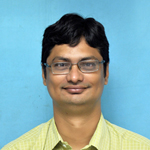
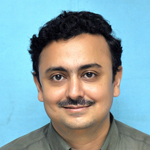
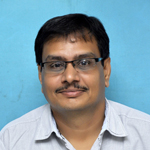
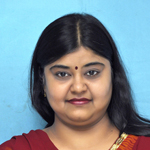

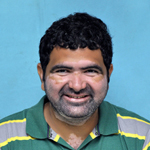
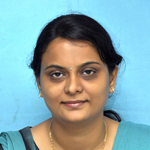
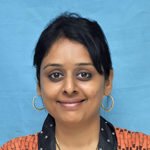
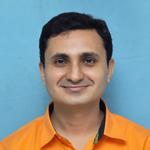
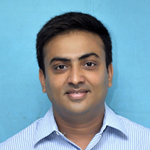
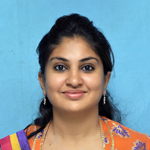
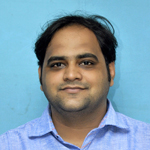
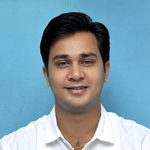
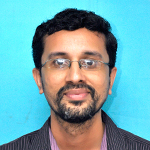
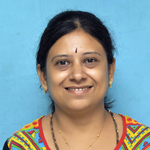
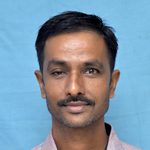
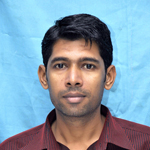
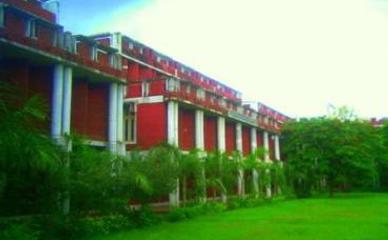
Electronics & Communication Department Events
2022-05-03 To 2022-05-03